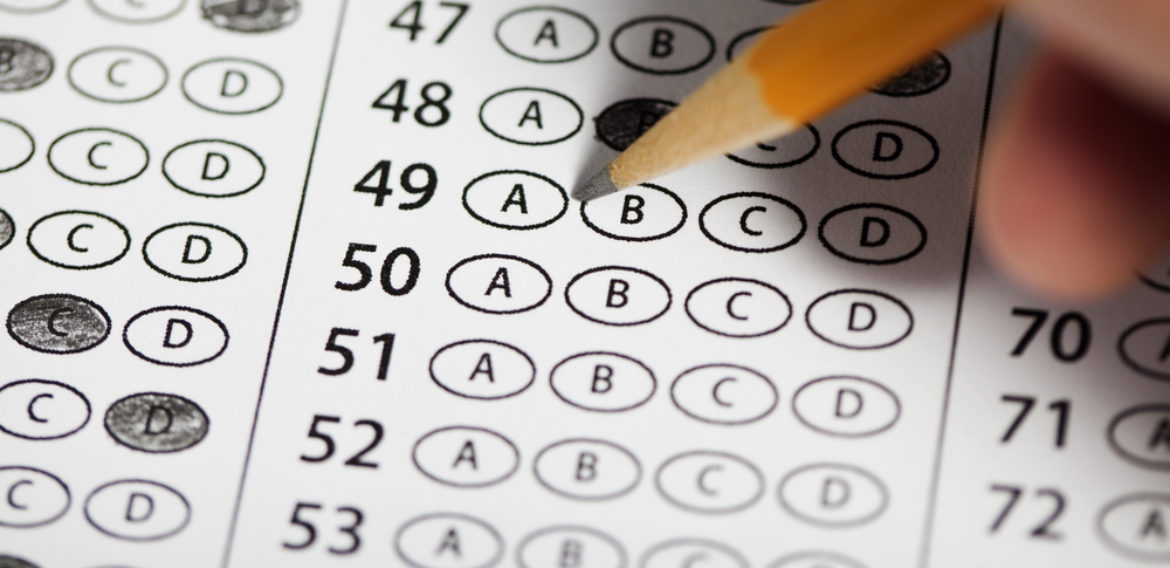The Best Way to Prep for the GMAT Verbal Section
The GMAT is broken up into four major sections: Analytical Writing Assessment, integrated reasoning, quantitative, and verbal. Like the other sections, the verbal section comes with its own types of questions and as such, there are specific ways to prep for the GMAT that will help you get the best score you can get.
Breaking Down the GMAT Verbal Section
The verbal section of the GMAT is made up of 41 questions that should take you around 75 minutes to complete. This section is broken up into three sections that will assess your ability to read and understand written material, to evaluate arguments, and to correct written material to conform to standard written English.
- Reading Comprehension:
The reading comprehension section tests your ability to understand a passage and answer questions based on what is stated and what is implied by the passage. This section is made up of four reading passages and the questions that correspond with those passages.
Typically, this section contains three short passages (200-250 words) with three questions each and a long passage (300-350 words) with four questions, but it’s also possible to see two short questions and two long questions.
- Critical Reasoning:
Critical reasoning questions are designed to assess your ability to analyze logical arguments. For this section, you are given a prompt that introduces some sort of argument, which are roughly less than 100 words. From there, you will be asked questions that will require you to analyze the argument and subsequently do one of a few things: weaken the argument, strengthen the argument, find the assumption, draw a conclusion, and a few other things.
- Sentence Correction:
In the sentence correction section, you will be faced with a sentence that has part of it underlined. The task will then be to answer the question with the answer that is the best fit.
 Tips on Studying For the Verbal Section
Tips on Studying For the Verbal Section
Much like the math section of the GMAT, much of how well you wind up doing on the verbal section has to do with how well you study. You should be expecting to spend 1-2 months of studying, with a total of two to three hours for five days a week devoted to the verbal section. Getting the best GMAT prep materials is just one way to study; here are a few tips to help you doing the studying period:
- Read
This may sound counterintuitive, but one of the best ways to get ready for the verbal section of the GMAT is to read for fun. This can get you reacquainted with the written English language and can help you identify proper sentence structure and can help you prepare for the reading comprehension section. As this is the GMAT, you’ll want to read a more professional style, so focus on reading things like The New York Times or The New Yorker.
- Do Not Get Caught Up in GMAT Words
A major strategy for the verbal section is to read the question and then formulate an answer in your head before you look at the answers they give you. This can help you not get “corrupted” by your choices and can help you identify the point in your own words, which will help your comprehension.
- Focus on One Area of the Section at a Time
When you’re studying for the verbal section, you’ll want to focus on one section at a time. Take a few days to tackle each section, which will help you identify your progress on each type of question.
How to Tackle Each Section
As each section is designed to test certain skills, each section carries their own strategies to do well. Here are a few tips to help you once it comes to test time.
- Reading Comprehension: For the reading comprehension section, it is important to remember that you don’t get any extra points for speed-reading. Take your time with each passage; based on your time allotment, you can read each short passage in two-and-a-half minutes and each long passage in three-and-a-half minutes.
- Critical Reasoning: The best strategy for the critical reasoning section is to formulate an answer before you look at the answers the test has provided for you. Looking at the answers may sway your answer, so it’s best to identify your own interpretation of the answer.
- Sentence Correction: When it comes to sentence correction, the best thing to do is to keep it simple. Know going in that, chances are, there will be obvious an obvious right answer in a group of bad answers. Also, nearly half of the sentence correction questions will involve subject-verb agreement issues, so be on the lookout for these issues.
The verbal section of the GMAT is designed to assess all aspects of your ability to comprehend the English language. If you put in the right amount of study time and prepare properly, you can help assure yourself a good score on the GMAT.



